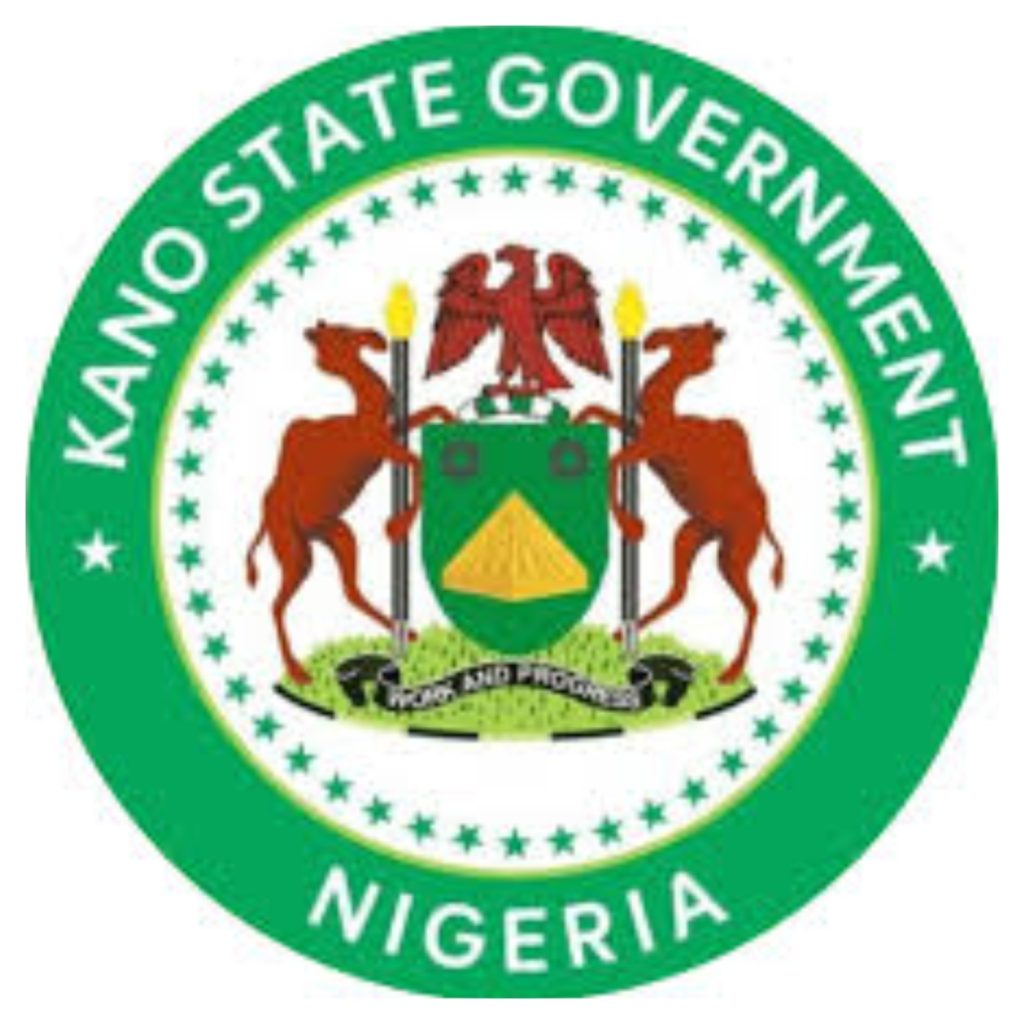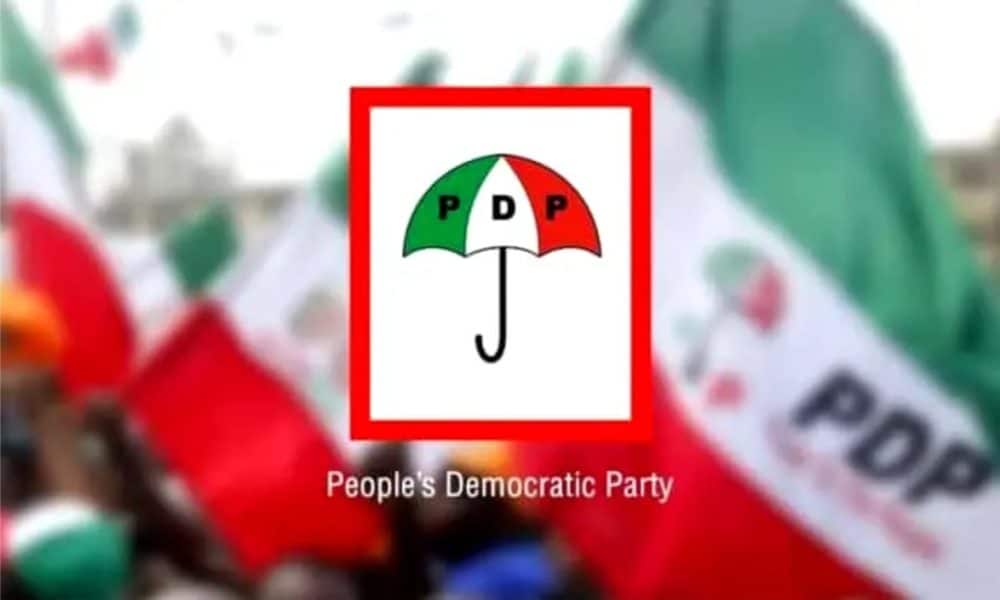Nigeria’s economy is facing a new challenge with the introduction of a 5% fuel tax, set to take effect in January 2026, as part of the Harmonized Tax Act. This policy has sparked widespread criticism, with many citizens and business owners expressing concerns about the potential impact on the already struggling economy.
The country’s economic landscape is complex, with a large informal sector estimated to account for over 60% of GDP. This sector operates largely outside of the formal tax system, making it difficult for the government to collect revenue. The new tax is expected to exacerbate the situation, with many fearing it will lead to higher transport costs, increased food prices, and further strain on small businesses.
According to data, Nigeria’s tax-to-GDP ratio is one of the lowest globally, at 6%. While the need for revenue is undeniable, many argue that the government’s approach is misguided. The tax policy has been criticized for being overly broad and failing to take into account the unique realities of Nigeria’s economy.
Entrepreneurs like Chris Mamuda, based in Abuja, are warning that the surcharge will deepen financial hardship for millions of Nigerians. “It’s not just about paying more, it’s about surviving when every naira is stretched to breaking,” Mamuda said. His concerns are echoed by many, who feel that the government is demanding more from its people without delivering tangible returns.
The Nigerian government has been accused of having a single-minded obsession with revenue, without considering the human cost. The tax policy is seen as a blunt instrument that will have far-reaching consequences, including increased poverty and unemployment. With inflation already soaring and purchasing power dwindling, many fear that the tax will push the economy to the brink.
Experts argue that a more nuanced approach is needed, one that takes into account the complexities of Nigeria’s economy. This could include simplifying the tax code, incentivizing formalization, and introducing progressive taxation. Additionally, investing in technology, such as e-filing and e-invoicing, could help to improve tax collection and reduce bureaucracy.
The stakes are high, with the potential for economic stagnation, political unrest, and social instability. The government’s approach will have significant consequences for the country’s future, and it remains to be seen whether the policy will be revised or implemented as planned. One thing is certain, however: the Nigerian people are watching closely, and the government’s actions will have far-reaching implications for the country’s economic and social well-being.



